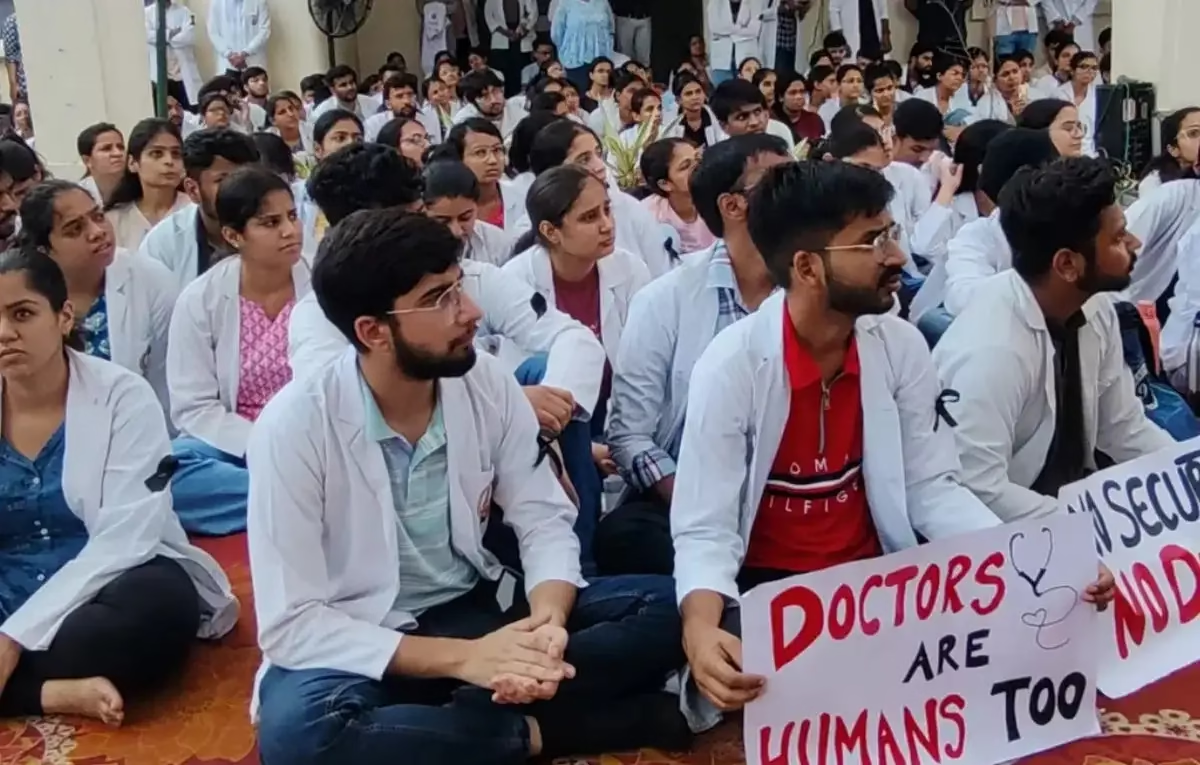The Ministry of Health recently submitted a detailed report to the National Assembly, shedding light on the concerning situation of healthcare coverage in Islamabad. The report highlights that despite a population of 933,000 people in the capital, not a single citizen currently has access to universal health coverage, a significant gap in public healthcare provision.
Lack of Coverage for Benazir Income Support Program Families
The situation appears particularly dire for families enrolled in the Benazir Income Support Program (BISP). The Ministry’s written statement reveals that 3,246 families under the BISP have been without access to the free healthcare facility for the past nine months. This deprivation is part of a larger issue affecting 278,830 families living in Islamabad, a city that has long been viewed as one of the more developed regions in Pakistan.
Suspension of the Health Card Scheme
The report further explains that the health card scheme, which offered free healthcare to many citizens, has been suspended since December 16, 2023. The suspension stems from the failure to approve and clear the insurance premiums with State Life Insurance Company, the entity responsible for managing the health insurance program. As a result, the program, which aimed to provide affordable and accessible healthcare, is at a standstill, leaving many families without the vital medical coverage they had come to rely on.
Broader Impact on Public Health
The suspension of the health card program has far-reaching implications for the people of Islamabad, particularly low-income families. The absence of free treatment facilities under this scheme forces families to bear the financial burden of healthcare out-of-pocket, a scenario that can push many into poverty or lead to them neglecting essential medical treatment.
The health card scheme, initially launched as a flagship initiative to address the health disparities in the country, had garnered widespread praise for improving access to medical care for those who could not afford it. Its suspension represents a setback in the progress toward universal healthcare in Pakistan.
Challenges Faced by the Health Ministry
The failure to secure clearance for the premiums indicates deeper administrative and financial challenges within the healthcare system. The delay in premium payments by the government has put the program’s continuity in jeopardy, raising questions about the sustainability and efficiency of similar health initiatives in the future.
While the program had previously succeeded in reducing the healthcare burden on families, this hiatus in services paints a grim picture for the residents of Islamabad and other regions reliant on the scheme. The capital, with its relatively affluent population compared to other parts of the country, stands as a stark example of how even urban centers with better access to healthcare facilities can struggle when public healthcare systems fail.
The Way Forward
The Ministry of Health’s report underscores the need for immediate action to reinstate the health card scheme and extend its benefits to all citizens of Islamabad. Addressing the premium issue with the State Life Insurance Company is a priority, but broader reforms in the healthcare financing system are essential to prevent such suspensions in the future. Furthermore, policymakers must ensure that the most vulnerable segments of the population, including BISP families, are prioritized in healthcare planning.
Health Minister’s acknowledgment of these gaps reflects a willingness to confront the challenges, but real progress will depend on whether these issues are resolved swiftly. Without the health card scheme, thousands of families will continue to struggle with the high costs of medical treatment, further straining an already overburdened healthcare system.
The health card suspension in Islamabad represents a significant lapse in healthcare delivery, with thousands of families bearing the brunt of this disruption. While the scheme was initially intended to provide much-needed relief, its current suspension due to bureaucratic delays highlights the importance of efficient management and sustainable financing in public health programs. The people of Islamabad, particularly those from lower-income backgrounds, now await the government’s next steps in reinstating the healthcare benefits they were once promised.



